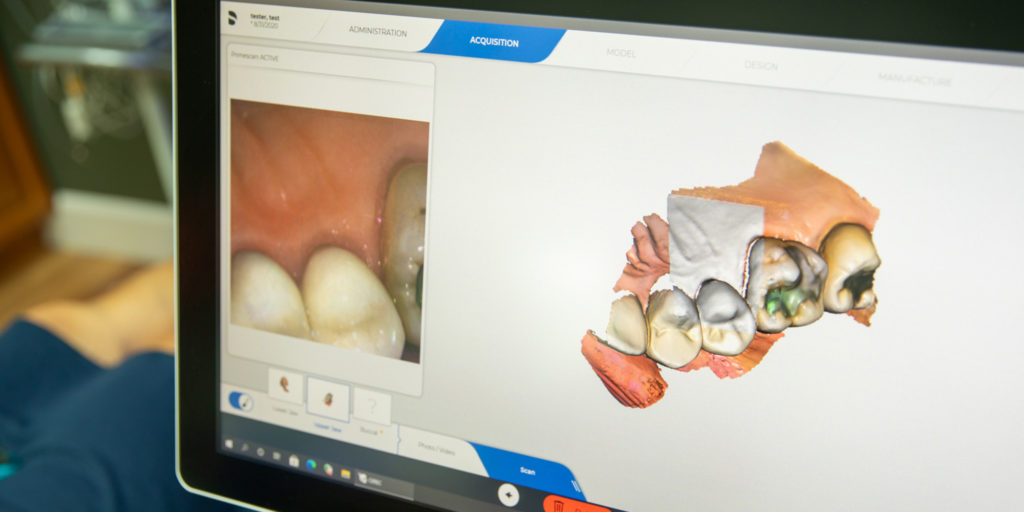

Yes, smokers can get dental implants, but it’s important to be aware that smoking can significantly impact the success of the treatment. Research shows that smoking increases the likelihood of implant failure. If you have concerns about smoking and dental implants, contact our Spring Hill, TN dentist at (931) 391-3089 for personalized advice.

Smoking has numerous detrimental effects on oral health, including:
Quitting smoking is the best way to safeguard your oral health. Maintaining proper oral hygiene and attending regular dental checkups can further help mitigate the negative effects of smoking.
Signs of implant failure include:
If you experience these symptoms, contact our Spring Hill, TN dentist immediately for evaluation and treatment.
Quitting smoking is crucial for implant success. Here are some strategies to help:
Quitting smoking is challenging, but the benefits to your oral health and overall well-being are well worth the effort.

Can I smoke before or after my dental implant placement?
It is strongly recommended to avoid smoking both before and after your procedure to reduce the risk of infection and promote successful healing.
How long should I quit smoking before and after dental implant surgery?
Quit smoking at least two weeks before your implant surgery. Your dentist will provide specific guidance on how long to avoid smoking after the procedure.
Can I use nicotine replacement therapy instead of quitting?
No, it is not recommended to use nicotine replacement therapy during the implant process, as nicotine still restricts blood flow and impairs healing. Discuss options with your dentist.
What is the dental implant treatment success rate for smokers?
Smokers have a higher risk of implant failure, with rates ranging from 6.5% to 20% compared to non-smokers. The reduced blood flow from smoking impairs healing, increasing the chances of failure.
If you’re a smoker considering dental implants, quitting smoking is essential for successful treatment. If quitting isn’t an option, you may want to explore other tooth replacement solutions.
Contact Dentistry By Design in Spring Hill, TN, at (931) 391-3089 to schedule your consultation.
I understand the information disclosed in this form may be subject to re-disclosure and may no longer be protected by HIPAA privacy regulations and the HITECH Act.